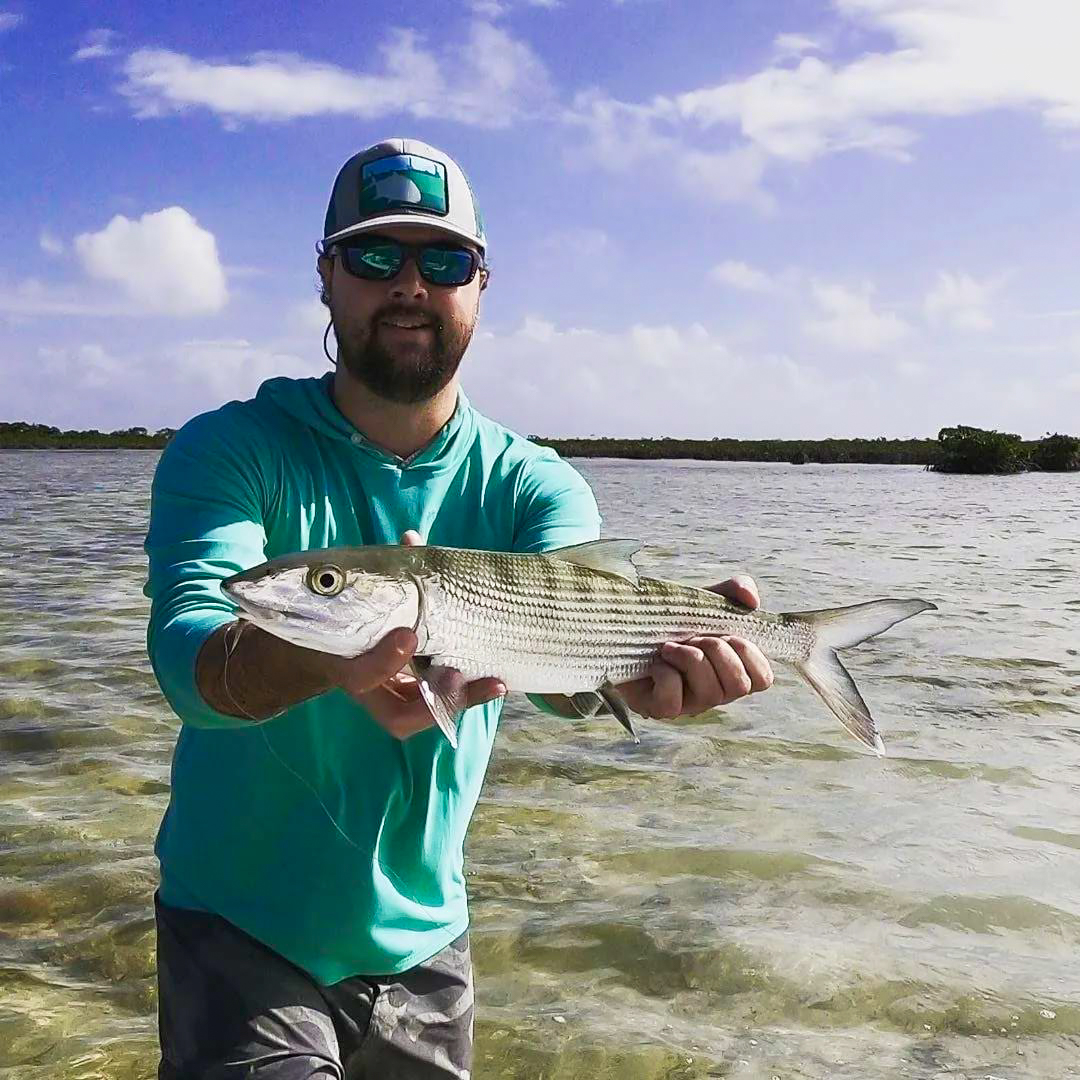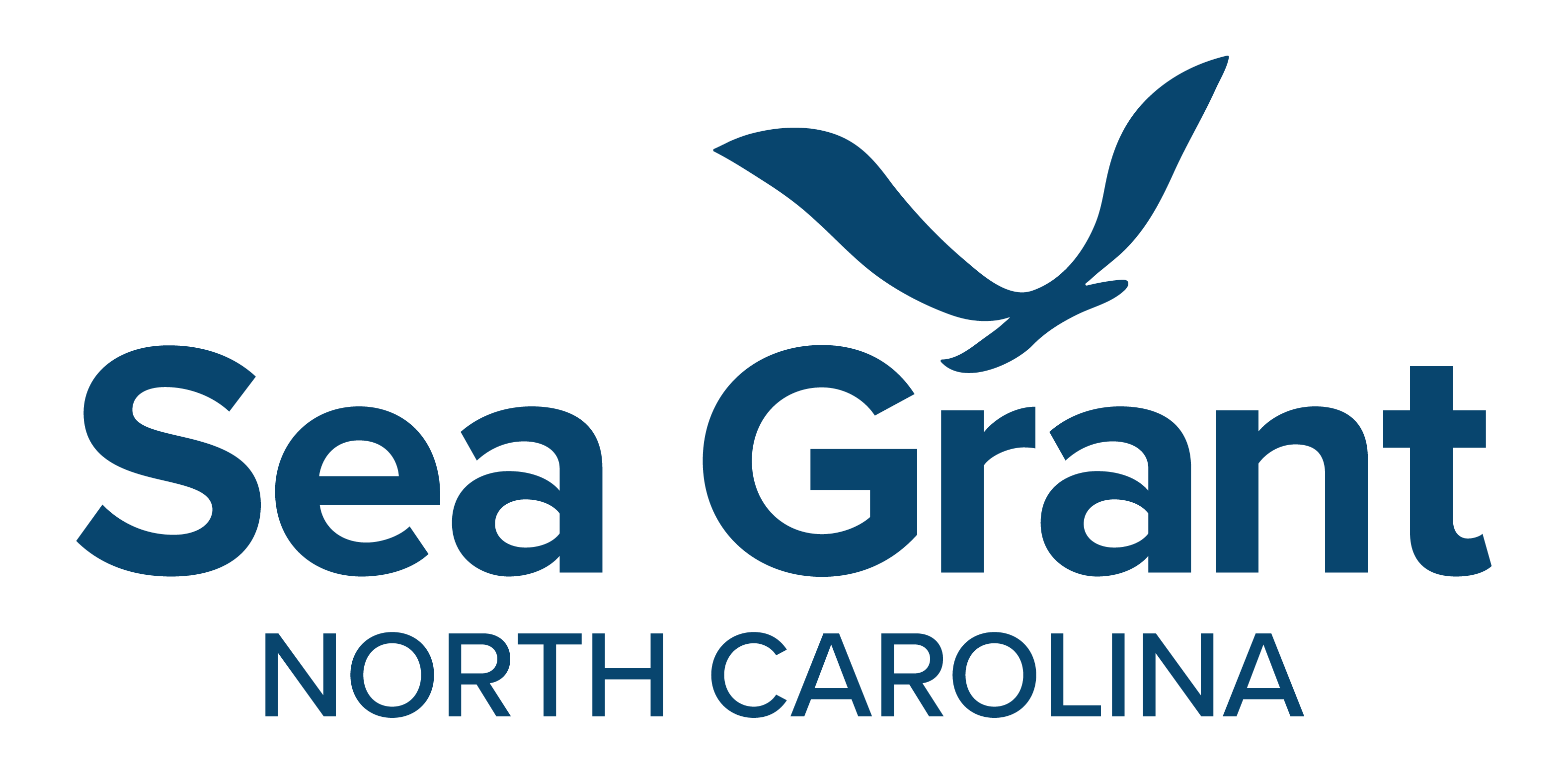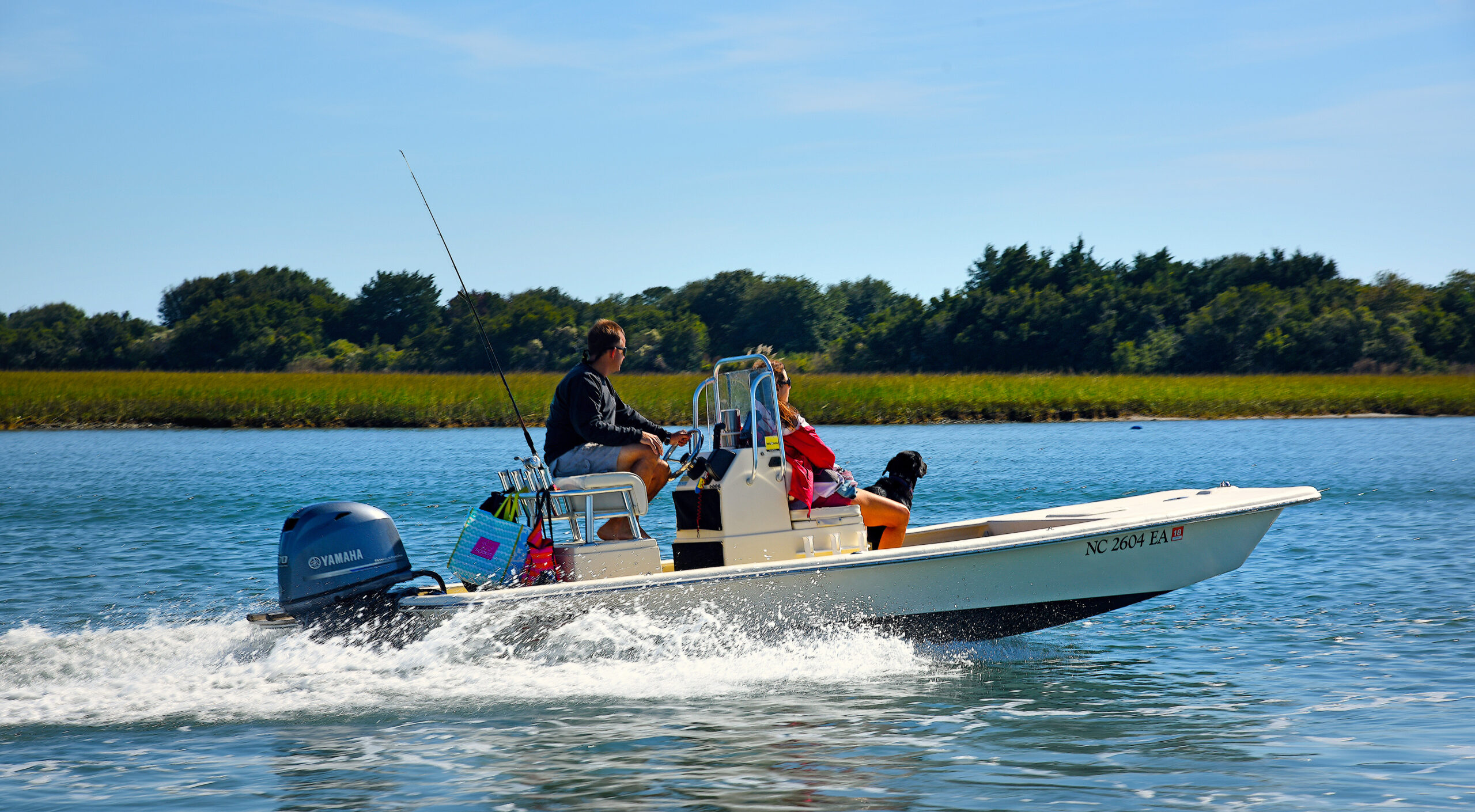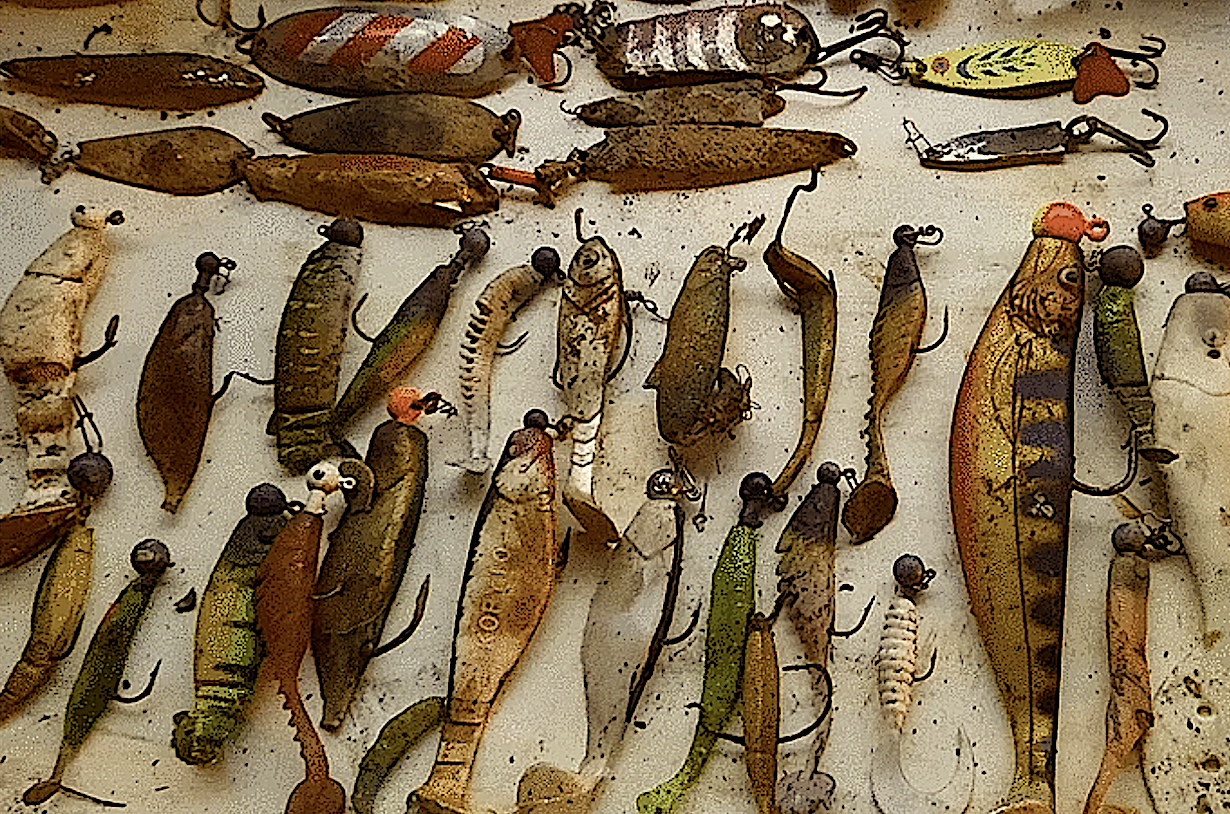What Happens When Researchers and Anglers Collaborate?

New research shows that anglers and guides add great value to fisheries science.
Research Need
Recreational fishing is an enormous industry in the United States. Saltwater recreational fishing alone supports 472,000 jobs and contributes over $39 billion to the gross domestic product.
In addition to their economic value, recreational fisheries are vital to conservation. They connect people with nature and increase the public’s awareness of how the environment functions.
One of the challenges of managing fisheries is obtaining valid stock information, especially when researchers rely solely on catch and landings data. Access to private docks, limited data about released fish, and other circumstances affect the availability of survey information.
Managers use broad, longstanding studies and surveys to collect the information required to manage most fisheries. These approaches are good to inform many management decisions, but not all, especially if it’s a new question posed by anglers.
Researchers wanted to find additional methods to gather information for fisheries management. They began with “translational ecology,” which aims to build strong scientist-stakeholder partnerships and then incorporates those relationships into research.
When studying recreational fishing, translational ecology involves accessing local expert anglers and guides, who have a wealth of knowledge and a vested interest in fisheries conservation. This process facilitates more friendly dockside surveys, and it provides opportunities for partnering with recreational anglers to collect data.
What did they study?
Researchers working in south Florida evaluated three different studies that added strategic scientist-stakeholder partnerships to scientific studies. Their goal was to evaluate whether such partnerships would benefit data collection.
What did they find?
The first case involved recreational fishing guides bringing to researchers a concern about the declining catch rates of crevalle jack, a previously unregulated species. Working in tandem, the guides and the researchers collected data that confirmed the decline and resulted in a tagging and tracking program designed to better understand the migratory patterns of the species.
A similar issue arose with anglers reporting a significant decline in bonefish, beginning in the 1990s. Researchers combined fisheries data with online surveys, as well as local knowledge of fishing guides, to assess the status of the fishery. They verified that the decline actually began in the early 1980s and continued in the mid 2000s.
Both of these projects demonstrated that experienced fishing guides can provide important information.
Another case study looked at how anglers respond to changes in fisheries management. Although surveys can provide a wealth of insight into catch rates, survey response rates historically are very low. In this study, researchers developed the survey itself with the help of anglers in order to assess satisfaction with both the opening of a previously closed area to nonmotorized vessels and using catch-and-release. The research team also monitored the survey area by trail camera.
Results showed park managers how to cost-effectively assess satisfaction and gather input about new regulations. In fact, one of the common suggestions from survey respondents was to provide more enforcement of the catch-and-release rule.
The last approach used capture-mark-recapture studies with specific subgroups of highly experienced anglers to increase the collection of recapture data for largemouth bass. Over the course of the research, recapture data from these experienced anglers greatly increased the scope and scale of the sampling, as well as the recapture of tagged fish, accounting for over a third of the recaptured bass in the sample.
Not only did using the experienced participants enhance data collection, but the anglers reported enjoying the participation and engaging in research that benefits the fishery.
Anything Else?
Researchers took away three valuable lessons: (1) make it as easy as possible for recreational anglers to contribute to the research; (2) collect and act on specific concerns that anglers bring forward; and (3) make sure to involve and update anglers throughout the research process and afterward.
What’s Next?
Future studies can use “translational ecology” to address recreational fisheries issues, applying a “bottom-up” approach. By starting with anglers and experienced guides to steer research goals, scientists will be able to rapidly identify emerging issues and inform more proactive fisheries management.
Reading
Gervasi, C. L., Massie, J. A., Rodemann, J., Trabelsi, S., Santos, R. O., & Rehage, J. S. (2022). Recreational Angler contributions to fisheries management are varied and valuable: Case studies from South Florida. Fisheries, 47(11), 469–477. https://doi.org/10.1002/fsh.10823
Funding
This study was developed in collaboration with the Florida coastal Everglades Long-Term Ecological Research program under National Science Foundation Grant No. DEB-1832229.
Summary compiled by Christine Ryan.
Lead photo by Cody Gavalier
The text from Hook, Line & Science is available to reprint and republish at no cost, but only in its entirety and with this attribution: Hook, Line & Science, courtesy of Scott Baker and Sara Mirabilio, North Carolina Sea Grant.
- Categories:



